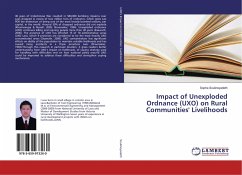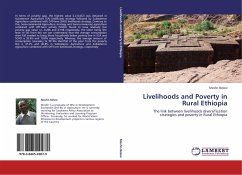For the past two decades significant attention has been given to the protection of lemurs and other rare animals, along with their habitat, which collectively make up the rich biodiversity of Madagascar. Various conservation approaches have been tried, including those integrated with development activities, as well as landscape management. Despite these efforts, biodiversity losses continue, calling into question the effectiveness of the activities undertaken. Using a political ecology framework, this book explores reasons for the continued erosion of biodiversity through the identification and analysis of social actors vying for access to natural resources. The application of this framework reveals tensions between social actors and the maldistribution of power among them. Also, the conventional wisdom driving conservation actions appears to be false. Such wisdom, perpetrated by discourse, lacks understanding of livelihood patterns and needs of local people. However, endowed with political power and financial influence, this wisdom dominates other forms of knowledge, leading to conservation efforts that perpetuate a status quo, resulting in continued elimination of biodiversity.








